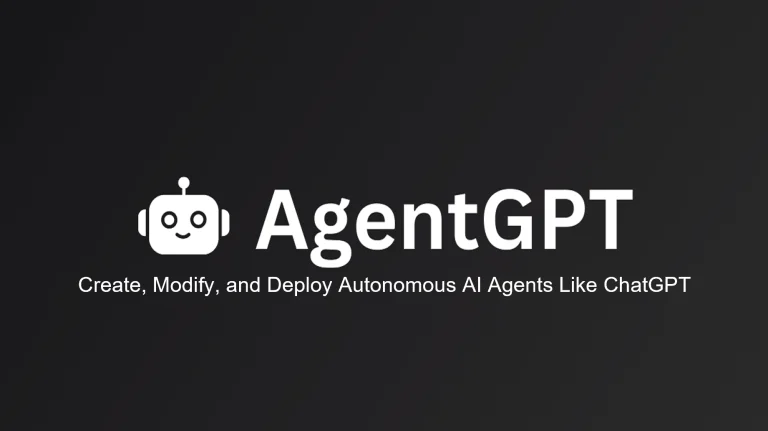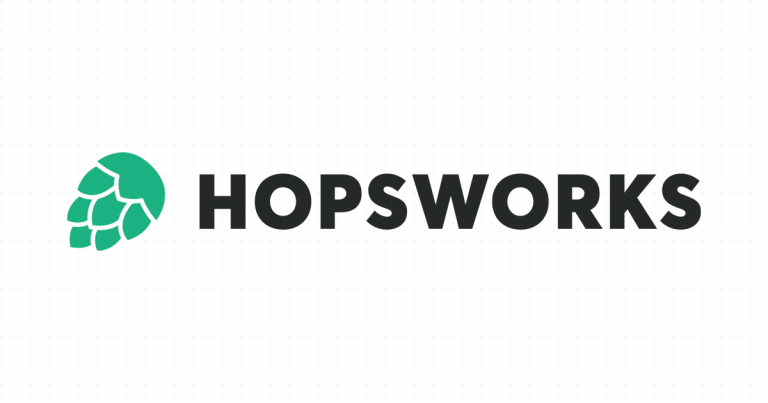
AgentGPT
AgentGPT is a dynamic AI-powered platform built to automate tasks and provide complex conversational responses in real-time. Its main use cases range from customer support and virtual assistance to automating workflows and data processing, making it a versatile tool for businesses and developers alike. With a focus on creating “agents” that perform specific functions, AgentGPT aims to streamline operations that typically require manual input, bringing both efficiency and personalization to the forefront of automation.





